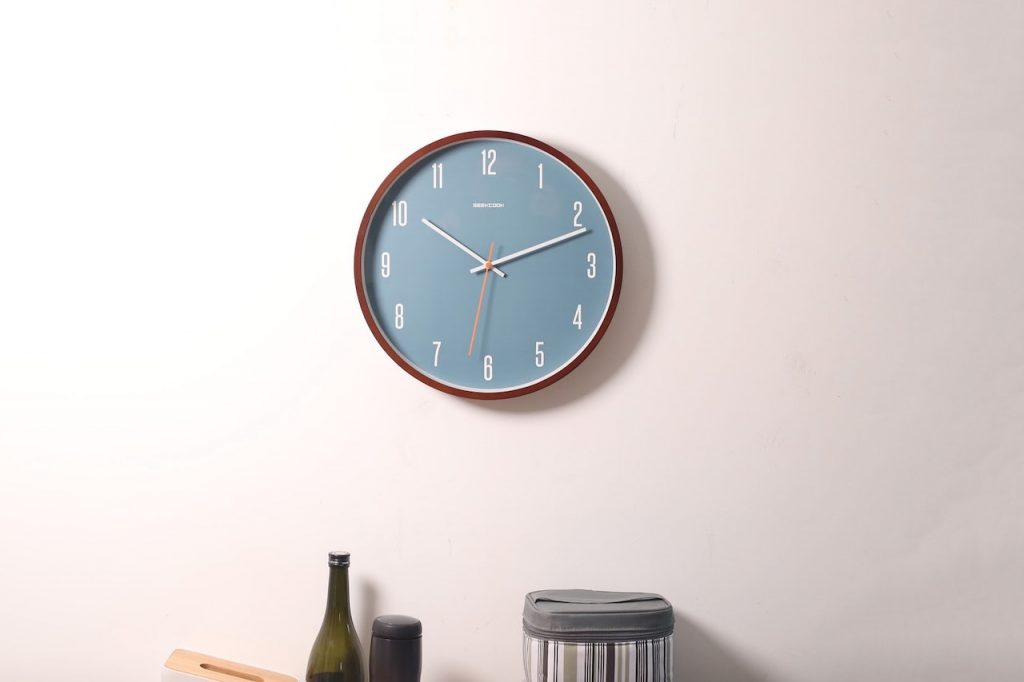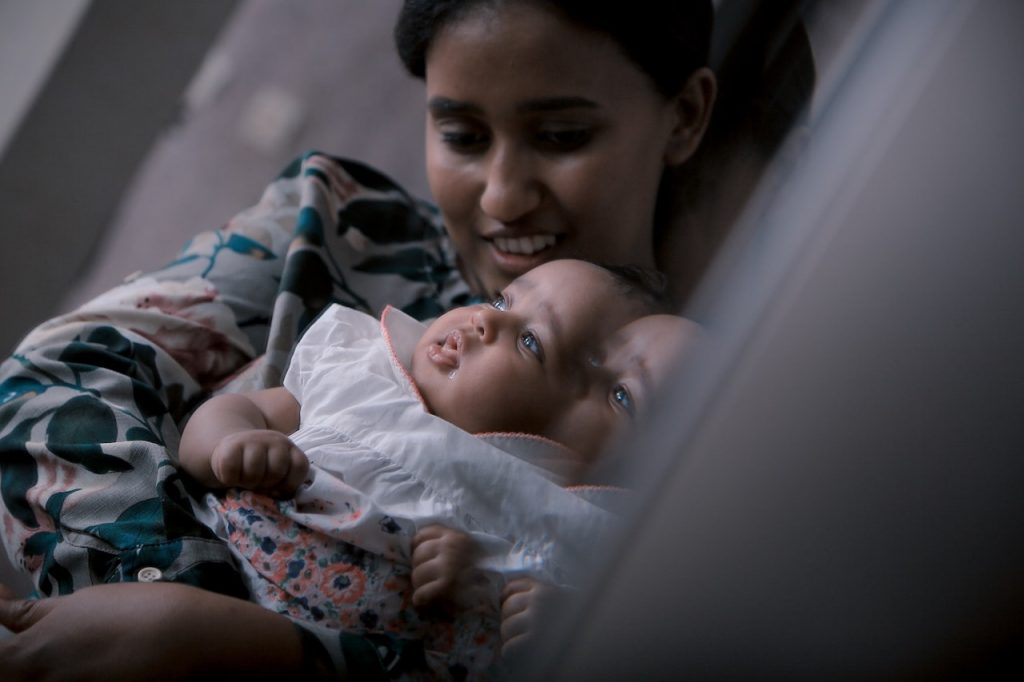It was a busy Friday night at the cosy rooftop restaurant Mr Stork, a chic establishment overlooking the Singapore skyline. My date for the night was a portly man in his late thirties, carrying a British passport. He was a successful hedge fund manager from the United States, looking to set up offices in Singapore. He had gone to prestigious western universities and thus, I presumed, exposed to liberal ideals. I met him through an online dating group.
“I would take you to Atlas,” he said, referring to a posher bar next door, “but in your description, you self-proclaim to be a hippie, hence I am taking you to this more casual environment.”
“I had dated models before, girls who held beauty pageant titles,” he added at another point. “But it is really hard to date these girls! I have to continuously battle other guys’ attention for them. Hence I started being more realistic with my standards.”
That was the first red flag.
As the night progressed, he told me more about his dreams of having a beautiful wife with two little children in a penthouse; the occasional volunteer work in a soup kitchen on the weekends. While there was nothing wrong with this Hallmark card picture of domestic bliss, he also told me that this means he is now looking to date fertile young women, instead of his contemporaries.
That was the second red flag.
Close to midnight, I had to tell him honestly that I found him neither energetically attractive nor physically fit enough to my liking, and therefore wished to remain platonic friends. Things got heated then.
He started commenting on my less-than-ideal hair (cut short), my less-than-ideal height (159 cm), and my less-than-ideal look (average Chinese face), almost as if implying that given my age and looks, I would be more than lucky to have someone of his credentials and means. These were his precise words, sent to me via text a few days later: “Since we are being honest here, I just have to tell you this, the power and optimism of attractive 25-smth year old women is immense. They have the world at their feet. But it falls sharply. I’ve seen as women cross 30… and my 45 year old friends stop looking at them. It is a sad, sad thing to witness. Believe me, life will force you to settle anyway.”
Later during the date, he also offered me some revealing and disturbing information about how friends of his age and socio-economic status screened local and regional women, preying especially on the insecurities of those in their late twenties and early-to-mid thirties to get them in bed. In his opinion, these guys reign the top of the dating food chain, and get away with a lot of bad behaviour because women allow them to, especially those pressed-for-time to build a family with a financially suitable provider.
I walked away from that evening horrified, as the harsh realities of the dating world started to descend on me: now that I have crossed 25, the time-bomb is ticking, and I’d better get serious real soon before my ovaries wither away. Yet, there are still so many things I want to try, learn, and do! The different career trajectories I still want to explore, the sabbaticals I still want to take, the MFA I still want to pursue, that book I still want to write …
Why do men have the luxury to do all the things they desire—play and try and fail .. or succeed—and at any point in life when they do choose to settle, they can easily grab a fertile 20-something-year-old to pass down their genes? Should we accept this as facts of the natural world, the inevitable cruelty of the biology of genders?
A remarkable quote I recently came across in an article popped into my mind: “nature coexists with history, and sometimes replicates the lopsided biases of its time”. This often seems to be the case when it comes to discussions around gender equality.

The widespread belief that we now have is that women are only fertile until a certain period of time, from the moment of puberty until about 35, after which her capacity to procreate will deteriorate sharply. If we combine this with the legal age to get married without a guardian present (21 years of age), then women are only desirable for mating within a fifteen-year window.
Men do not seem to be constrained by any time limit. There has been scientific research circulating around the male biological clock, but this fact is less scrutinised, less proliferated, less mythologised, and certainly nowhere nearly as socialised as a non-negotiable Truth of Life that is the female biological clock.
In The Impatient Woman’s Guide to Getting Pregnant, Dr Jean M. Twenge contests the widespread belief that one in three women over 35 will fail to get pregnant after a year of trying, noting that the claim is based on an analysis of French birth records dated 1670 to 1830. This data is outdated, and medicine has made some pretty significant strides since the eighteenth century. In fact, about 80 percent of women aged 35 to 39 succeed in getting pregnant naturally today, a slight decline from the fertility rate of women aged 27 to 34.
We have heard anecdotes abound: ambitious women in their 40s finally settling down and getting pregnant—yet we tend to dismiss these as the exception. Thus the self-fulfilling prophecy continues to perpetuate and shape our reality: only few women even try to get pregnant past a certain age, and those who know they want to be a mother choose not to wait until they’re older.
What if, instead of focusing on older women’s declining egg qualities, our society unanimously chooses to focus on scaling research and solutions that mitigate the constraints of the female biological clock, and spreading narratives that assuage our collective fear and anxiety?
What if, the government sponsors, subsidises and encourages fertility treatments as basic rights for women, regardless of their marital status, like France is about to do? What if, it is made significantly easier for both men and women to adopt children, be single parents, hire a surrogate, build alternative family arrangements and models?
Will this result in more women choosing to relax, explore, and pursue other things before settling down? Will this result in more data points for older pregnancies? Will this significantly alter the norm of the female biological clock? Ultimately, assumptions about gender shape the priorities for scientific research, and scientific discoveries can be deployed to serve sexist ends.

In her article The Foul Reign of The Biological Clock, Moira Weigel points out that another sore point for women is the fact that they enter the professional workplace while continuing to do most of the unpaid domestic labour.
Numerous studies also show that women continue to be penalised for having children at workplaces, since their competence and commitment are perceived to be lower. The Ministry of Manpower’s 2018 Labour Force Survey indicates that the gender pay gap appears to start in the 30s (i.e. when women typically start to have children), and continues for the rest of their lives.
When I raised this issue during lunch with an old friend, a manager in a big consulting firm, he rolled his eyes and said, “But really, can you blame a company? If I have a male and female employee, and the woman can’t commit as many hours as the man can due to childcare responsibilities, it is only natural that I promote the man. It is simple math, simple economy.”
I wondered how many more men out there agree with this approach. It is not simple math and simple economy, if this economy is rooted in a myopic patriarchal structure. First of all, despite having freedom to enter workplaces, women are still tasked with the role as the primary caregiver, and expected to sacrifice their career more so than their husbands are expected to sacrifice theirs. Second of all, some research has shown that mothers can actually be more productive than single women at workplaces, yet the “childcare penalty” stubbornly persists.
As a result, women have to constantly choose between family and career aspirations. Instead of being able to have a family at the prime of their reproductive years and then continue to pursue their ambitions, many women feel like they have to sacrifice one for the other. The anxiety of the biological ticks rings even louder, birth rates decline even further, and Singapore is ageing faster and faster.
If the government and these companies really care about our long term economic growth and sustainability, they cannot do away with policies and choices that penalise mothers.

In his book Dataclysm, author and co-founder of OkCupid Christian Rudder uses numbers from the dating site to show how women and men differ in the ages of the people they are attracted to. He shows a disturbing graph that men, regardless of age, still find women in their early twenties most attractive—while women show attraction towards men of their own age.
Regardless of whether they want to have children, men have been socially, culturally, and biologically conditioned to value young female bodies above other qualities.
Jan is a friend who just turned forty recently, yet she looks no older than a twenty-eight-year old. She attributes her glowing skin and youthful disposition to her free-spirited lifestyle: unwed and without the back-breaking responsibilities of either motherhood or the corporate world.
How has dating been like for her, compared to when she was in her twenties? I asked her, over beer and cigarettes.
“Yes, you’ll find less men willing to date you,” she said, matter-of-factly. “It is sad, but it is true. I still get hit on by men if I meet them in person, but when I tell them my real age, they become less interested. Men have told me that they don’t want to date someone with bad eggs.” Even more disturbingly, she said that she has friends working for dating agencies in Singapore that turn away female clients above 35 of age. “These women do not bring business for the agencies. It is a fact.”
She told me that her priorities have shifted now that she’s older. Now she is looking more for companionship and partnership, instead of a man to build a family with.
“Of course it will be nice if that can happen for me eventually, but it is nice if it does not happen too. At this point, I am not fretting about it anymore.”
Jan also said that a lot of men her age find it hard to be with women who are assertive with a lot of opinions to dish, and older women tend to be less obedient and less impressionable than younger women are. “Many men don’t want lovers who talk back and criticise them—they want someone beautiful who adores them and does not question their wisdom.”
“To be fair, men are not the only ones to blame in this dating inequality,” Jan added.
“Single Singaporean women my age, especially successful ones, they have become extremely, impossibly demanding with their standards and expectations. They want men who surpass them in every respect, yet who will coddle them and treat them like queens. It can be tiring to date them.”

A Straits Times article found that men’s concerns tend to revolve around appearances and the child-bearing abilities of their partners, while women’s preoccupations centre on financial stability in their potential husbands.
Despite decades of feminism that have allowed women to enter the workforce and make political choices, it seems that a woman’s value still hinges primarily around her physical beauty and her ability to bear children. Ours is still a man’s world after all, and more men have the potential to earn enough to support females rather than the other way round. For instance, females who make it to the list of world’s wealthiest billionaires are mostly heiresses rather than self-made.
Meanwhile, socially and culturally, women are conditioned and incentivised to mate with men who can surpass them financially. As a result, they are unlikely to want to date younger men who have yet to build financial stability, making their dating pool smaller as they get older. Even if a woman manages to achieve professional and financial success despite all odds, she will most likely gravitate towards somebody equally successful or even more successful than she is. If women are denying the full responsibility to be economic providers, then women are denying the claim to power, and limiting their own potential and ambition. If a woman’s success story must include a financially successful man at her side, then traditional gender roles will never be fully dismantled.
At the end of the day, strong scientific evidence shows that the ticking of the biological clock affects women more than it affects men—however, this difference is not nearly as lopsided as we are currently made to believe, and the dating playing field can be equalised even further by some of the things I outlined above.
The traditional dating and marriage structure is inherently patriarchal, and this structure limits both men and women who want to pursue other lifestyle arrangements. In her book Future Sex, journalist Emily Witt argues that when it comes to the biological clock, it is not enough to prolong female fertility through cyrogenics and other technology. She writes: “A future that truly reconciles family and sexual freedom would be one more supportive of single parents, not just materially but ideologically. As a line of inquiry, this futurism would recognize that marriage and babies have no necessary link. It would consider how to ungender reproduction and child care but ensure that children have masculine and feminine influences in their lives; how to make workplaces and schedules more amenable to care-taking; how to legally establish co-parenting commitments outside the framework of marriage.”
As a personal first-step towards this new ideal, perhaps it is about time I stop dating hedge fund managers a decade older than I am.






